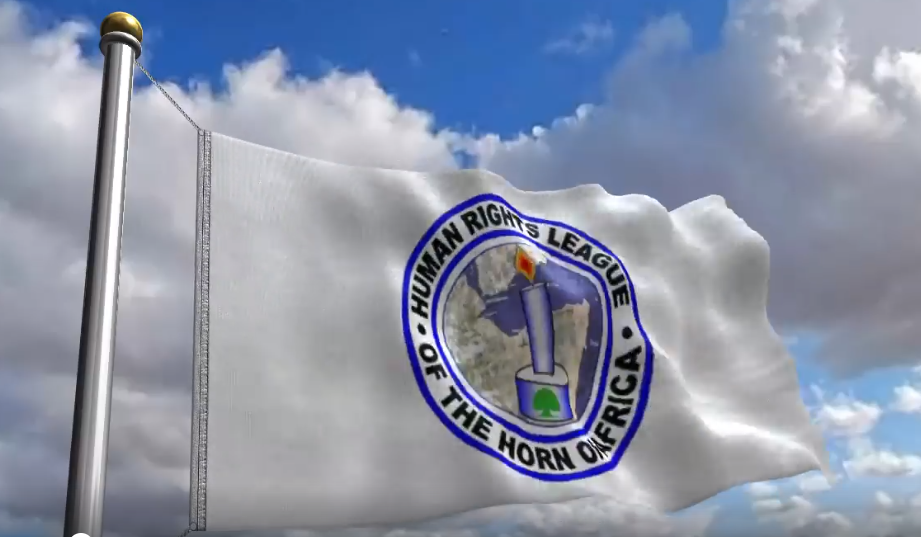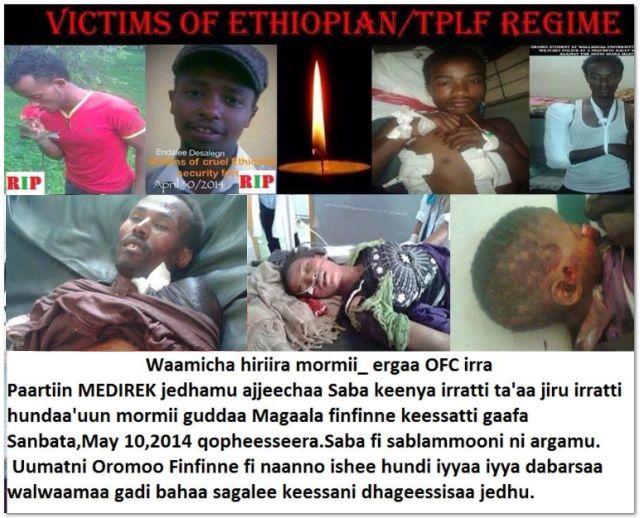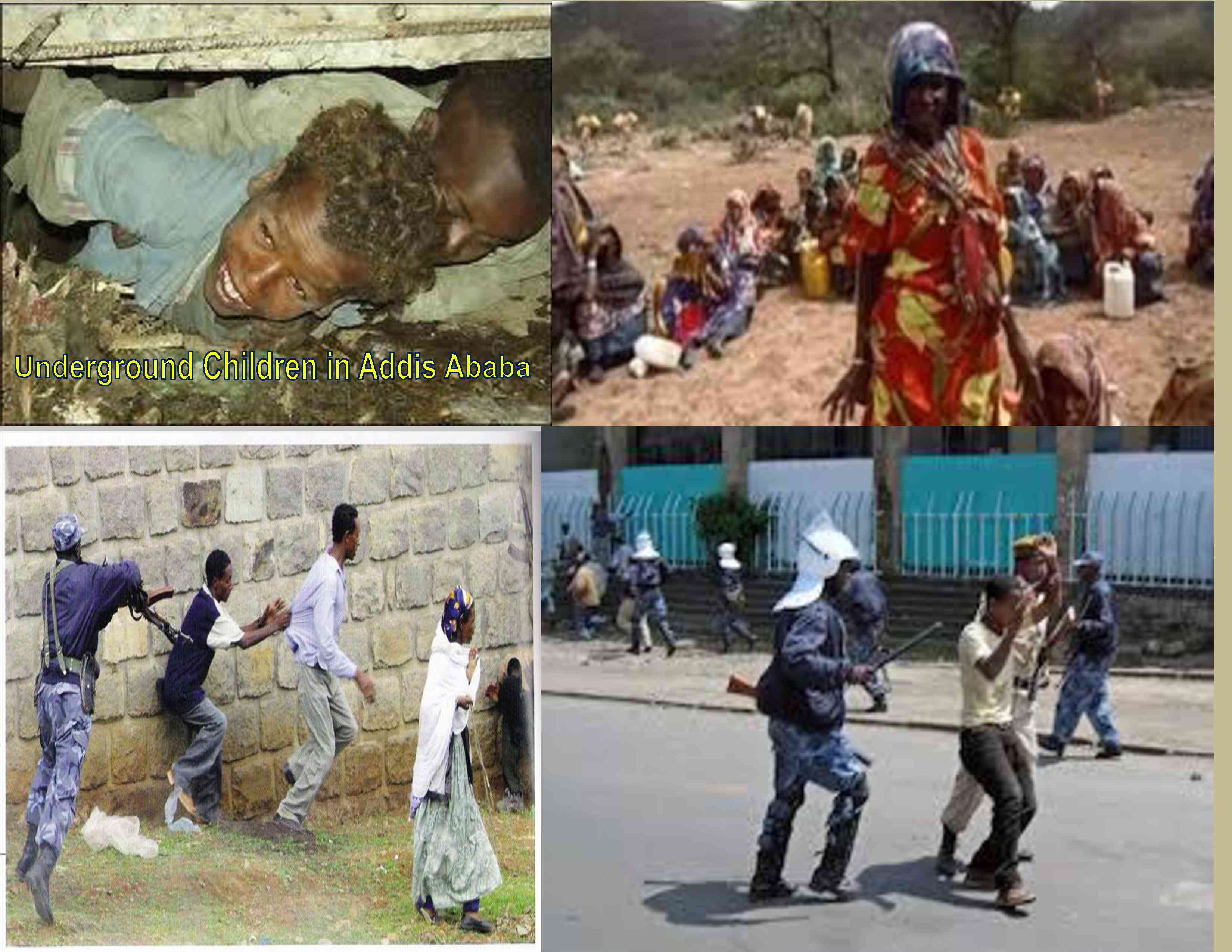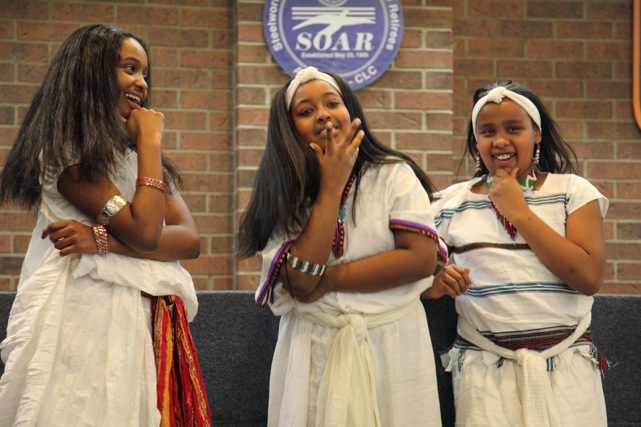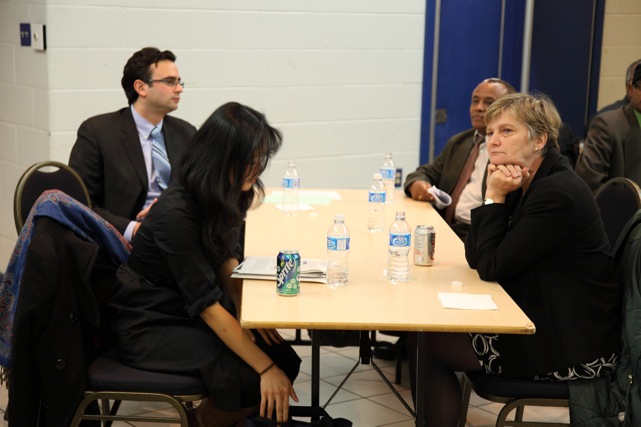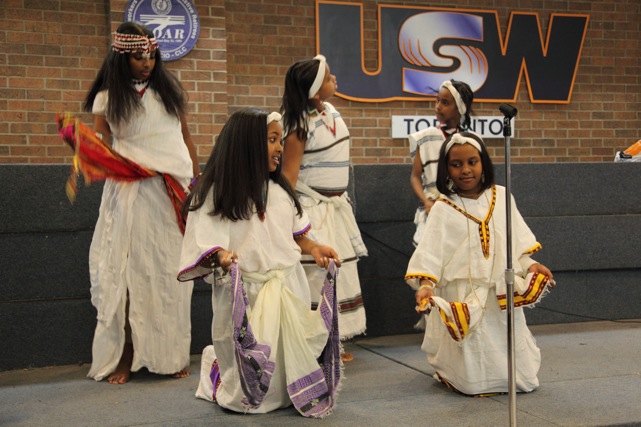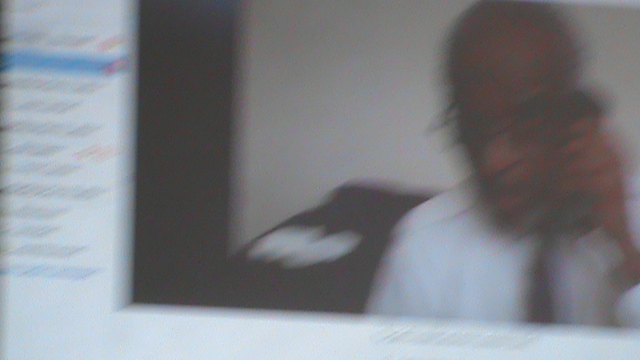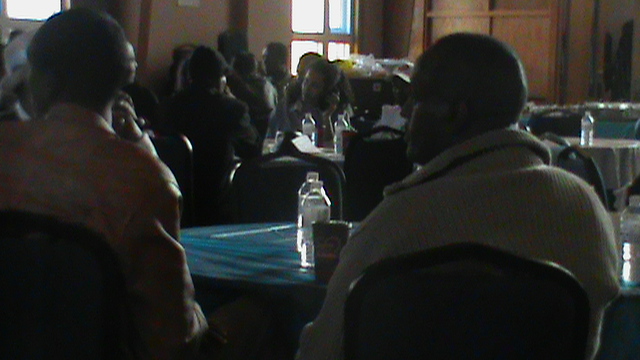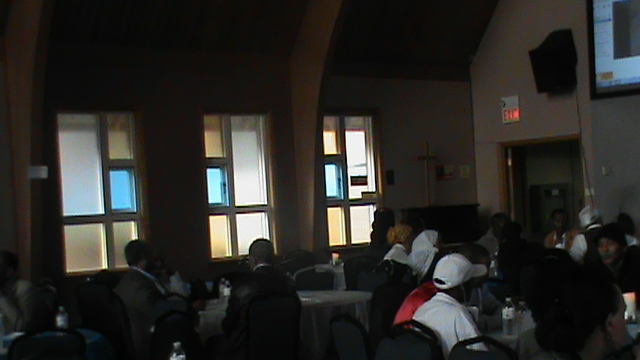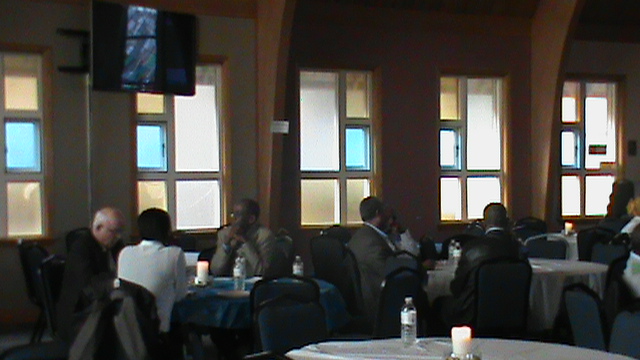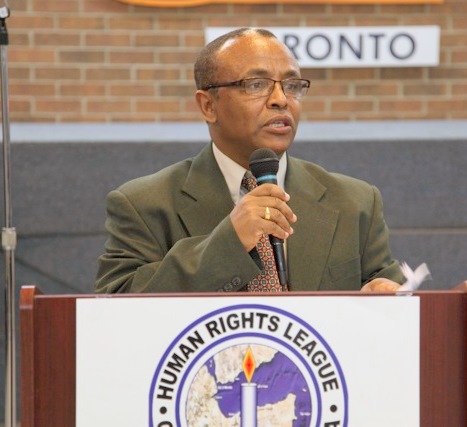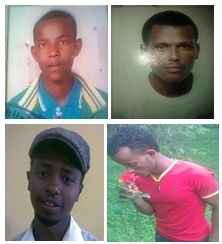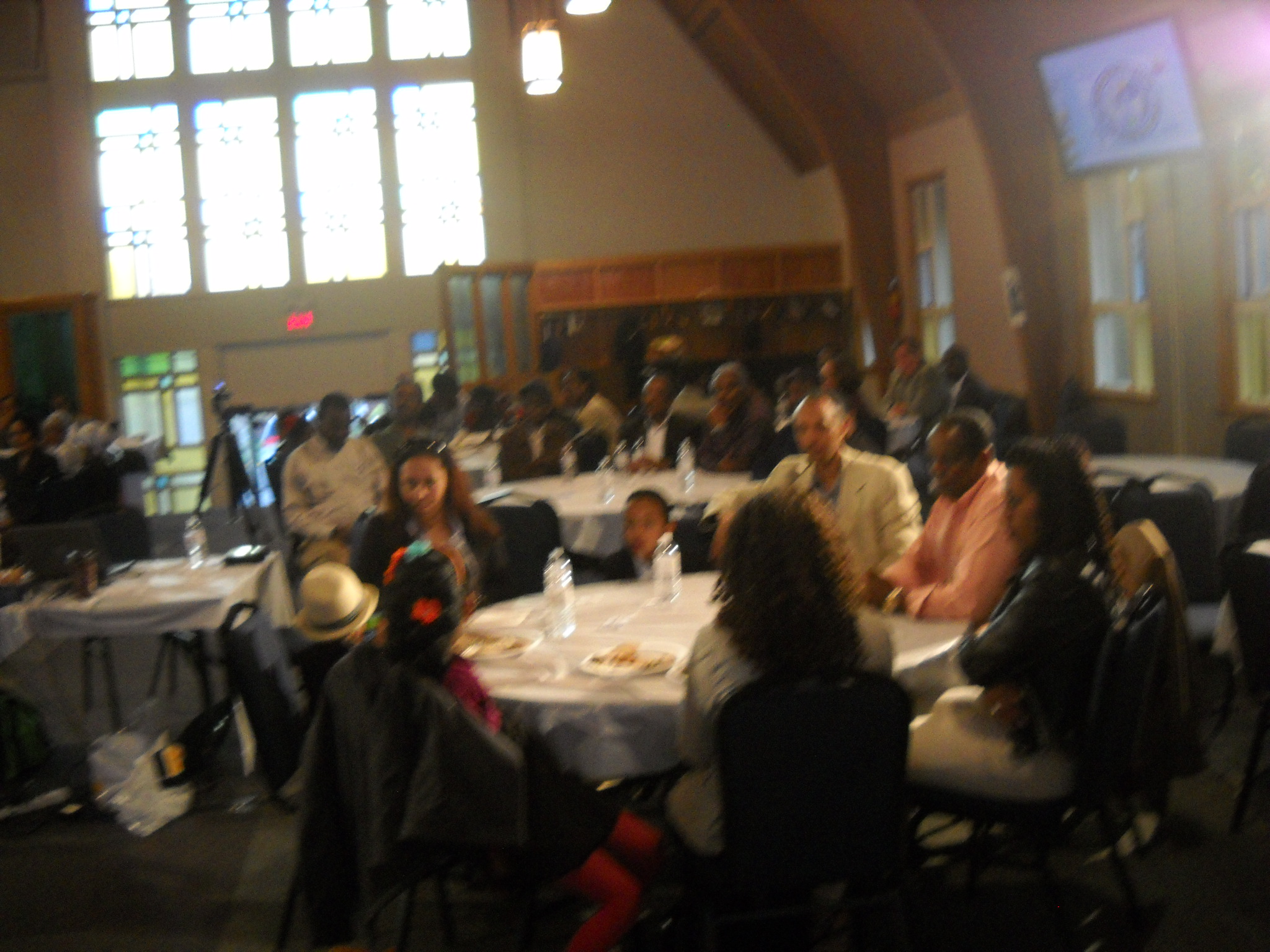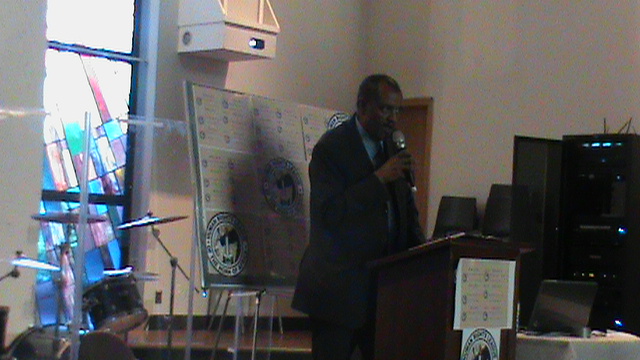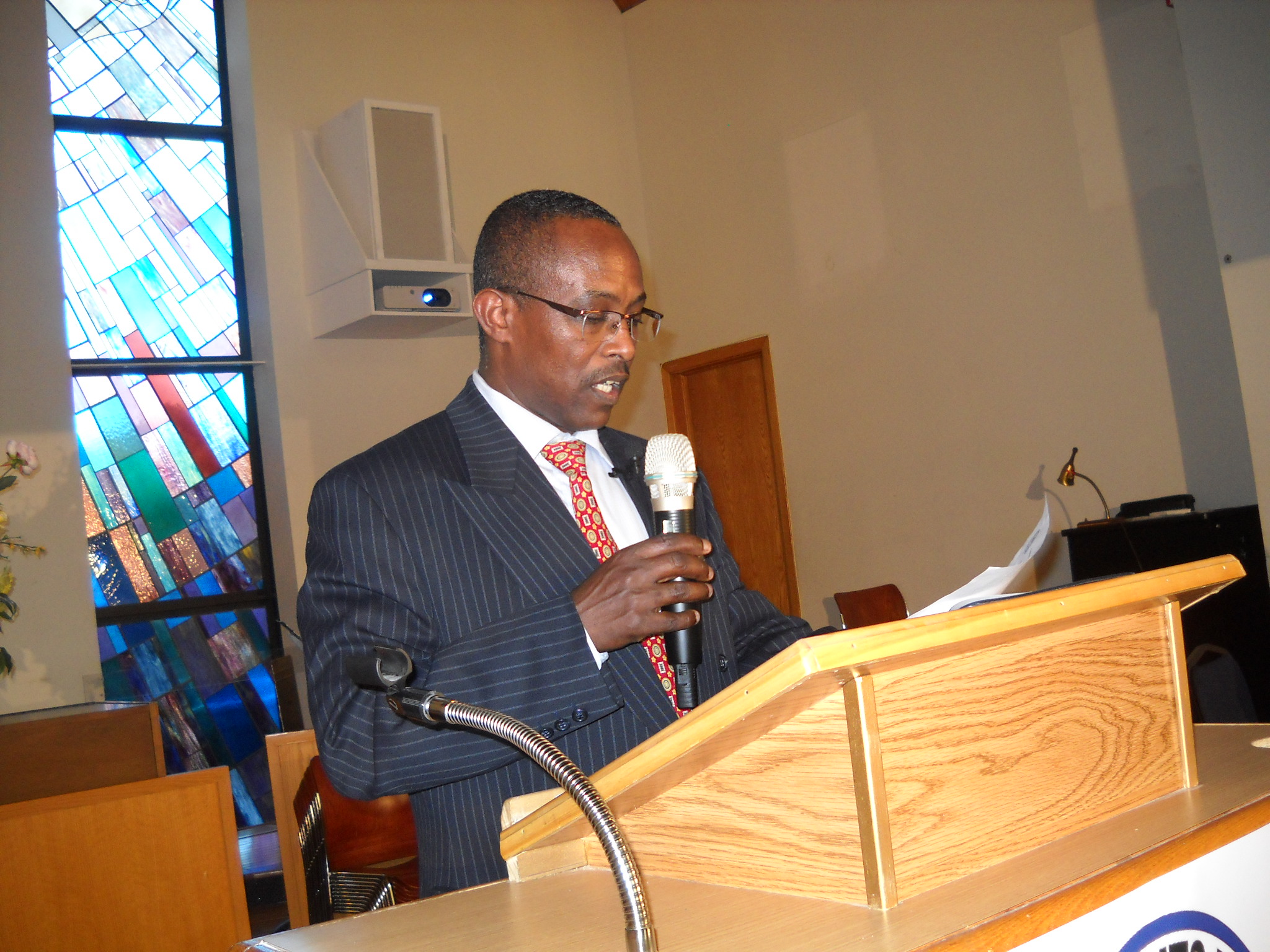21 Years of Human Right Calamity,
HRLHA Press Release
August 24, 2012
Only three heads of state exchanged hands over power in Ethiopia during a period of time that is about a century. This fact by itself is indicative of the non-existence of democracy in the country. During this extended time period, the various peoples and nationalities in Ethiopian never tolerated tyrants. The Feudal Regime of Haile Sellassie faced with various forms of peoples’ revolts and uprisings. Some paid maximum price, and others were condemned to indefinite incarcerations to bring regime down. Although some of the big questions such as the land ownership issue got answers, the Ethiopian peoples did not see the kind of change they wanted to, especially regarding fundamental human rights. Oppositions continued in different forms under the Dergue Communist Regime, in spite of the absolute political suppression. Again, hundreds of thousands were killed extra judicially, and hundreds of thousands of others sent to prison in the same extra judicial manner. But, that did not prevent the powerful Dergue Regime from falling. Once again, the Ethiopian peoples were very unfortunate that a political change did not come. Things got from bad to worse in some cases under the current TPLF/EPRDF regime. As a result, oppositions continued to be displayed in different forms, only to be met with the harshest hands that the country has ever experienced. The country became the home of countless official and unofficial jails of its own citizens. Most of those detention centres experienced spill-over. Kidnappings, disappearances, extra judicial killings, and many other arbitrary actions happened to be the daily events. Even currently, hundreds of thousands of worshipers of the Muslim Religion are being taken in a mass to concentration camps such as Dhidhessa in western part of the country. These all have been happening, despite the constitutionally declared democratic system, to the citizens of the country simply because the attempted to exercise some of their fundamental human, social, political and economic rights. In general, the past two decade under the rule of Mr. Meles Zenawi is remembered as the time during which hundreds of thousands of peoples became the victims of gross human rights violations; and, on the other hand, the very few became advantageous at the expense of millions of others.
Besides, very astonishing and equivalent to insult for the peoples in Ethiopia is that Meles’ allies try to paint him with brushes of development and gross while the peoples in the country are living in the worst Socio-Economic crises of its kind in the country history
Some of the major points to reconsider:
- Systematic elimination of political organization from the Transitional Government,
- Extra judicial killing, abducting/kidnappings, disappearances, arbitrary detentions or imprisonment of civilians suspected of being members or supporters of opposition political organizations,
- Targeting particular nationalities and/or ethnic groups, for example the Oromos, Ogadens and the resultant victimization of members of such targeted nationalities,
- Abductions and deportations of Oromos and others Refugees from neighboring countries and incarcerations accompanied by tortures and other forms of ill-treatments (cases in point being those of Tasfahun Chemeda, Mesfin Abebe, and Mohamed Ahmed. Mohamed Aimed in particular died in exile, after escaping from prison and fleeing the country, from the torture he was subjected to while in prison,
- More than 4,279 reported cases of extra-judicial killings and 987 disappearances of Oromo civilians, hundreds of thousands of whom are still languishing in prisons where tortures and rapes are commonplace,
- The uninterrupted crackdowns against independent press and opposition political organizations,
- The cold-blooded mass murder of February, 1994 in town of Warder in which more than 80 civilians (pastoralists) were killed my government security forces,
- The mass murder of 424 Anuaks in Gambella, Ethiopia in December, 2003,
- The 2004 Lokke, Sidama massacre where more than 100 people were killed by EPRDF security forces,
- The hijacked election of 2005 and the mass killing in Finfinne following the protest against the stolen election results in which 200 people were killed and 700 others wounded,
- In 2009 the government security force killed 42 traditional community leaders in Kabiribayah in Ogaden,
- The Civil Society Proclamation and Anti-Terrorism Law that are being used abusively to intimidate, harass, imprison, charge, and unfairly punish journalists, political leaders and human rights activists,
- The evictions of hundreds of thousand farmers in Gambela, Oromia, and Benshangul regional states from their ancestral lands without consents and compensations, and their lands being given to transnational companies,
- The uncontrolled usage of chemicals that has been causing the contamination of rivers and other natural resources around the said to be industries and mining areas,
Now that the person at the top of the leadership of this political system has gone, expectations are that lessons would be learnt from failures, and that the Ethiopian peoples deserve healing from their wounds. But, from the past experiences of changes in political systems, the HRLHA fears that history might repeat itself. In order to avoid the recurrence of suppressions and denials of political freedoms, and the resultant human rights violations, those who are staying in power need to look back at what the Ethiopian peoples have gone through, and say “enough is enough”.
To this end, HRLHA calls up on all regional and international human rights and donor organizations as well as the Western allies of the Ethiopian government to play necessary and appropriate roles by putting pressure on Ethiopia’s new leader to help the Ethiopian peoples get out of the century-old human rights calamity, and start a new path to genuine democracy where fundamental human rights of the citizens will be respected.
